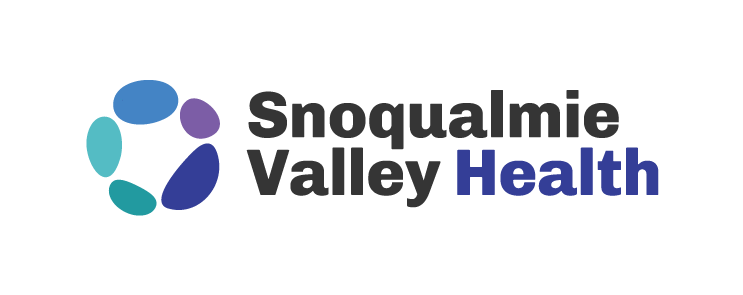The sunshine vitamin has been receiving a lot of media attention in the last several years. Are people getting enough vitamin D? Since we live in a place where exposure to sunlight is limited, we are at risk for vitamin D deficiency.
Vitamin D is often called the sunshine vitamin because the sun is our major source. The lowest levels of it are found towards the end of winter, when days are shorter and people spend less time outdoors. Many people don’t get enough sunlight because of the recommendation of using sunscreen to help prevent skin cancer.
The sunshine vitamin is necessary for our bodies to absorb calcium, promote bone growth and for other important body functions. It has many health benefits, including preventing diseases such as breast, ovarian, and colon cancer, osteoporosis, heart disease, high blood pressure and diabetes.
Adequate levels of vitamin D have also been shown to decrease inflammation, regulate body cells that can lead to cancer, control insulin and blood sugar, boost the immune system and improve muscle and bone strength.
Another benefit to having proper levels of the sunshine vitamin is that it helps improve mood disorders, such as depression, and chronic muscle pain and weakness.
How do you know if you are deficient?
A blood test can determine if your vitamin D level is low. As a primary care provider, I have seen that a majority of the patients I have tested are deficient. The good news is that, with the proper supplements based upon individual vitamin D levels from blood work, these levels can be restored over several months.
Where can you get more of the sunshine vitamin?
Sunshine exposure is the best source. Go outside and enjoy up to 15 minutes of sunshine several times a week before you put on sunscreen and you will help your body absorb vitamin D. Another way to get it is through certain foods, including vitamin D fortified cereals, milk, yogurt and fish, like salmon and tuna. Even though these foods are good sources of the vitamin, it’s difficult to get the proper amount through foods alone. Vitamin supplements can boost your body’s absorption of this vital nutrient.
Talk to your medical provider to find out if you should be screened for vitamin D deficiency and if taking a supplement is right for you.
Rachel Robison is a primary care provider for Snoqualmie Ridge Medical Clinic, located at 35020 SE Kinsey Street, Snoqualmie, WA 98065. To make an appointment, call 425-396-7682. For more information about Robison, visit: Rachel Robison.

